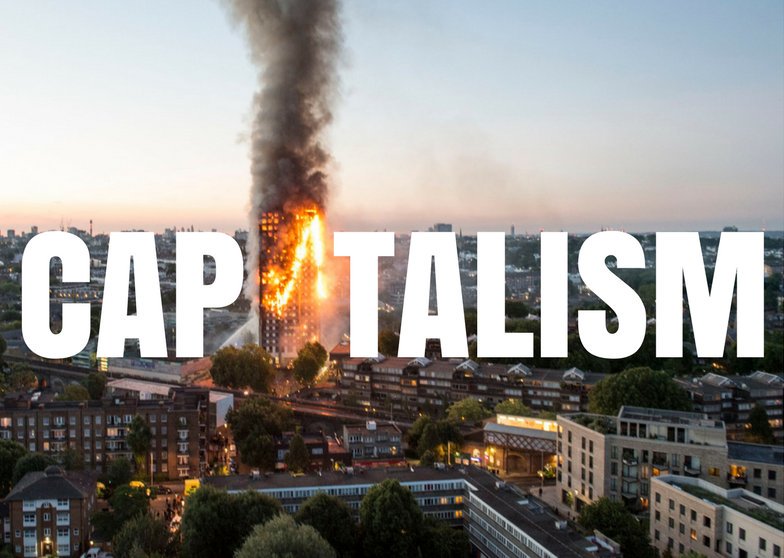


We’re seeing this in food and textiles where there is no global body capable of monitoring worldwide supply chains. There are three possible ways - the first is via other firms in the industry. So, there is a strong business case to address these problems.

This benefits not just knowledge-based, high-end white-collar firms, but also blue-collar jobs at the wage pyramid’s base. Walmart has also been supporting its suppliers in taking a gigaton of carbon out of its supply chain on a profitable basis.Īlso, as research shows, adopting a ‘high road’ employment system, where you pay people a living wage, give them decent benefits, treat them with respect and give them the autonomy and tools to work with purpose and mission, significantly increases the productivity of firms. Walmart dropped a billion dollars to its bottom line by improving the efficiency of its trucking fleet. It believes these investments aren’t just good things to do - they yield a 16%-17% rate of return. The private equity firm KKR puts experts into every firm it buys to reduce energy and water use. There are also business opportunities in solving these problems - Elon Musk’s Tesla is one example, but many firms are building business models around mitigating climate change, including solar and wind energy businesses, plant-based diet ventures and water conservation groups. On the other side, including the disadvantaged in the economic system is a huge impetus to growth. If we let climate change go unchecked, the risks to the financial and real economy are enormous - it will be very hard to make money if our coastal cities are under water, there are major droughts and floods and agricultural systems experience enormous stress. But there is also a strong economic case - it’s extremely dangerous to the long-term health of our economies to leave climate change unchecked and confine people to the margins of societies where they cannot fully participate in capitalism. One reason is purely moral - when capitalism is broken in these ways, firms which believe in its basic moral commitment to freedom, transparency and fairness have a duty to try and build up the institutions which ensure these opportunities. Why do you say working for social purpose is actually beneficial for capitalism? If problems like climate change are being taken care of by measures like carbon dioxide being priced, so that a firm cannot throw it out of the window for free, if governments are strong and ensure that everyone has an opportunity to participate in the market equally, then perhaps it makes sense to say this. When Milton Friedman said the social responsibility of a business was only to increase its profits, he was in a society where government was setting the rules of the game.
#No mod option in capitalism ii free#
Would you say Milton Friedman’s free market business doctrine is now effectively over? With both a planetary risk and a large number of people feeling left out of the system, capitalism is in a precarious position. Secondly, it is failing to deal with our major environmental problems, including, most prominently, climate change.

Firstly, it’s not been functioning well for a significant majority of the working population in many countries. Your book ‘Reimagining Capitalism in a World on Fire’ argues we must re-envision capitalism itself - why?Ĭapitalism needs to be reimagined because of two intertwined issues. Henderson spoke to Srijana Mitra Das about the private sector’s role in building sustainable ecologies and societies - and a new idea of capitalism: Economist Rebecca Henderson teaches at Harvard Business School.


 0 kommentar(er)
0 kommentar(er)
